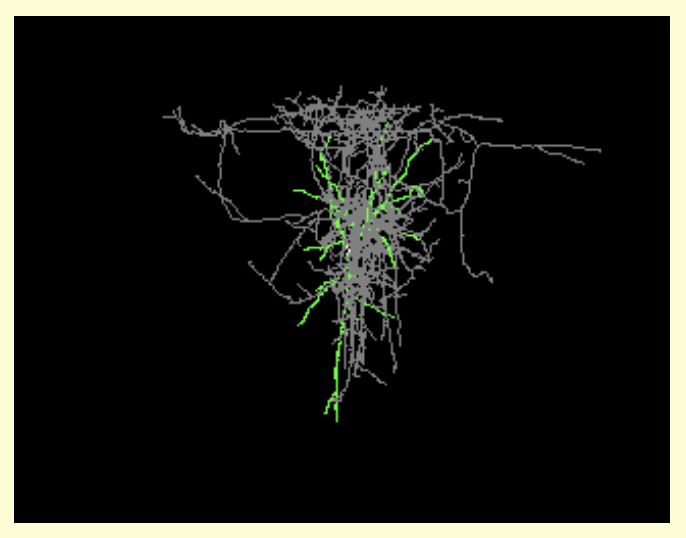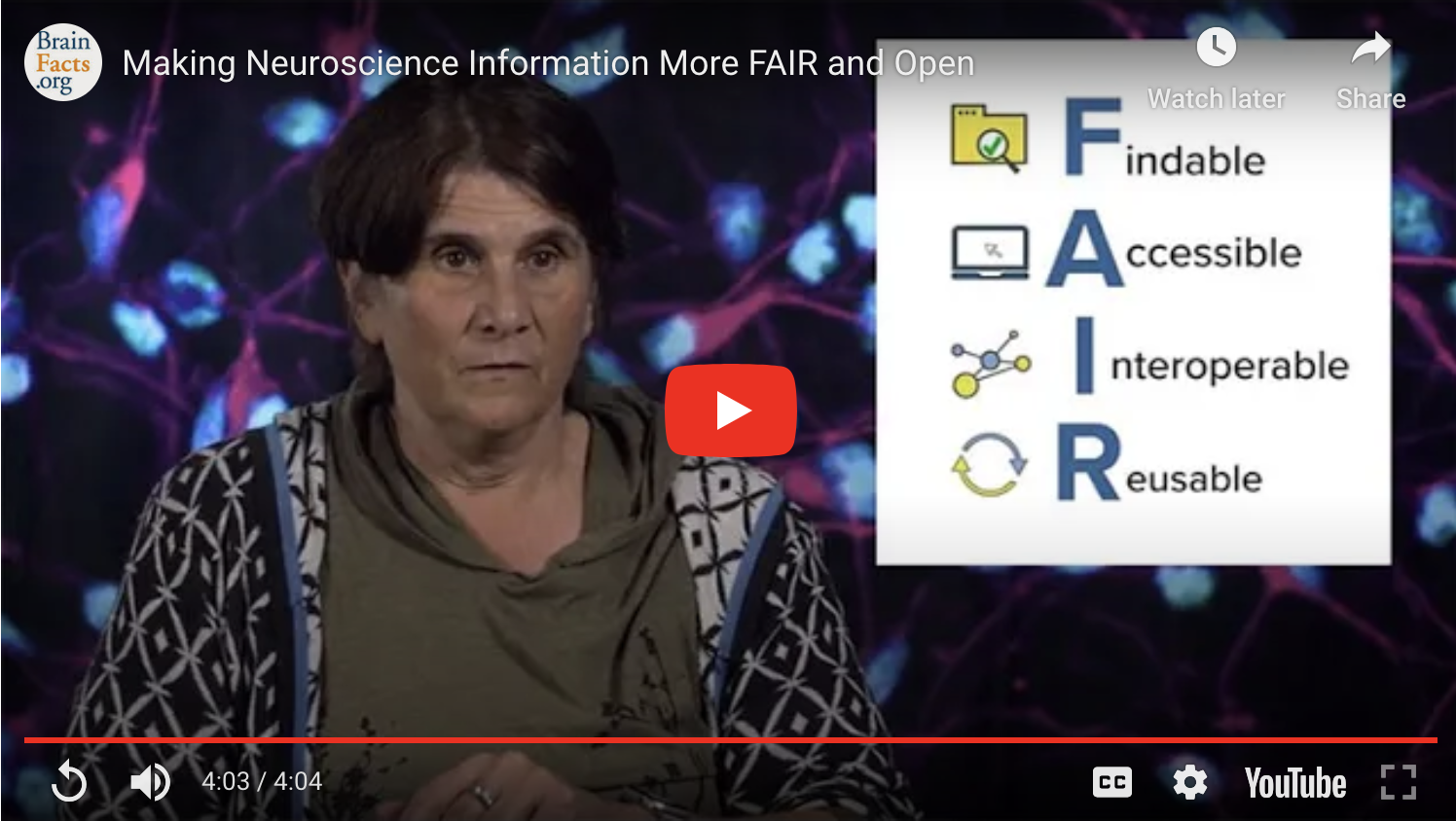Modulating PCGF4/BMI1 Stability Is an Efficient Metastasis-Regulatory Strategy Used by Distinct Subtypes of Cancer-Associated Fibroblasts in Intrahepatic Cholangiocarcinoma.
Intrahepatic cholangiocarcinoma (ICC) is a highly malignant neoplasm prone to metastasis. Whether cancer-associated fibroblasts (CAFs) affect the metastasis of ICC is unclear. Herein, ICC patient-derived CAF lines and related cancerous cell lines were established and the effects of CAFs on the tumor progressive properties of the ICC cancerous cells were analyzed. CAFs could be classified into cancer-restraining or cancer-promoting categories based on distinct tumorigenic effects. The RNA-sequencing analyses of ICC cancerous cell lines identified polycomb group ring finger 4 (PCGF4; alias BMI1) as a potential metastasis regulator. The changes of PCGF4 levels in ICC cells mirrored the restraining or promoting effects of CAFs on ICC migration. Immunohistochemical analyses on the ICC tissue microarrays indicated that PCGF4 was negatively correlated with overall survival of ICC. The promoting effects of PCGF4 on cell migration, drug resistance activity, and stemness properties were confirmed. Mechanistically, cancer-restraining CAFs triggered the proteasome-dependent degradation of PCGF4, whereas cancer-promoting CAFs enhanced the stability of PCGF4 via activating the IL-6/phosphorylated STAT3 pathway. In summary, the current data identified the role of CAFs in ICC metastasis and revealed a new mechanism of the CAFs on ICC progression in which PCGF4 acted as the key effector by both categories of CAFs. These findings shed light on developing comprehensive therapeutic strategies for ICC.
Pubmed ID: 38670529 RIS Download
Research resources used in this publication
Additional research tools detected in this publication
None foundAntibodies used in this publication
- Rabbit Anti-PTEN Monoclonal Antibody, Alexa Fluor(R) 647 Conjugated, Clone 138G6 (RRID:AB_823619)
- Anti-Phe, phospho (Ser / Thr) Antibody, Unconjugated (RRID:AB_330308)
- Phospho-Stat3 (Tyr705) (D3A7) XP Rabbit mAb (RRID:AB_2491009)
- Phospho-p53 (Ser15) Antibody (RRID:AB_331464)
- Mouse Anti-Chk2 Monoclonal Antibody, Unconjugated, Clone 1C12 (RRID:AB_2229490)
- C/EBP ε Antibody (C-10) (RRID:AB_3064863)
- Nanog Antibody (1E6C4): sc-293121 (RRID:AB_2665475)
- Mouse Anti-Human SREBP-1 (E-4) Monoclonal, Unconjugated, Clone E-4 (RRID:AB_628283)
- Mouse Anti-beta-Actin Monoclonal Antibody, Unconjugated, Clone AC-74 (RRID:AB_476743)
- Bmi1 (D20B7) XP® Rabbit mAb (PE Conjugate) (RRID:AB_2799353)
- Recombinant Anti-Vimentin antibody [EPR3776] - BSA and Azide free (RRID:AB_2814713)
- Anti-E Cadherin antibody [4A2] (RRID:AB_2923285)
- FAK (phospho Y397) antibody [M121] (RRID:AB_448317)
- α-Smooth Muscle Actin (D4K9N) XP® Rabbit mAb (BSA and Azide Free) (RRID:AB_2924256)
- FAK antibody [EP695Y] (RRID:AB_732300)
- Cytokeratin 19 antibody [EPR1579Y] (RRID:AB_1523469)
- HRP Goat Anti-Rabbit IgG (H+L) (RRID:AB_2769854)
- CD326 (EpCAM) Antibody, anti-human, APC, REAfinity™ (RRID:AB_2657497)
Associated grants
NonePublication data is provided by the National Library of Medicine ® and PubMed ®. Data is retrieved from PubMed ® on a weekly schedule. For terms and conditions see the National Library of Medicine Terms and Conditions.
This is a list of tools and resources that we have found mentioned in this publication.
Rabbit Anti-PTEN Monoclonal Antibody, Alexa Fluor(R) 647 Conjugated, Clone 138G6 (antibody)
RRID:AB_823619
This monoclonal targets PTEN
View all literature mentionsAnti-Phe, phospho (Ser / Thr) Antibody, Unconjugated (antibody)
RRID:AB_330308
This unknown targets Phe, phospho (Ser / Thr)
View all literature mentionsPhospho-Stat3 (Tyr705) (D3A7) XP Rabbit mAb (antibody)
RRID:AB_2491009
This monoclonal targets Phospho-Stat3 (Tyr705)
View all literature mentionsPhospho-p53 (Ser15) Antibody (antibody)
RRID:AB_331464
This polyclonal targets Phospho-p53 (Ser15)
View all literature mentionsMouse Anti-Chk2 Monoclonal Antibody, Unconjugated, Clone 1C12 (antibody)
RRID:AB_2229490
This monoclonal targets Chk2
View all literature mentionsC/EBP ε Antibody (C-10) (antibody)
RRID:AB_3064863
This monoclonal targets C/EBP ε
View all literature mentionsNanog Antibody (1E6C4): sc-293121 (antibody)
RRID:AB_2665475
This monoclonal targets Nanog
View all literature mentionsMouse Anti-Human SREBP-1 (E-4) Monoclonal, Unconjugated, Clone E-4 (antibody)
RRID:AB_628283
This monoclonal targets Human SREBF1
View all literature mentionsMouse Anti-beta-Actin Monoclonal Antibody, Unconjugated, Clone AC-74 (antibody)
RRID:AB_476743
This monoclonal targets beta-Actin
View all literature mentionsBmi1 (D20B7) XP® Rabbit mAb (PE Conjugate) (antibody)
RRID:AB_2799353
This monoclonal targets BMI1
View all literature mentionsRecombinant Anti-Vimentin antibody [EPR3776] - BSA and Azide free (antibody)
RRID:AB_2814713
This recombinant targets VIM
View all literature mentionsAnti-E Cadherin antibody [4A2] (antibody)
RRID:AB_2923285
This monoclonal targets E Cadherin
View all literature mentionsFAK (phospho Y397) antibody [M121] (antibody)
RRID:AB_448317
This monoclonal targets FAK (phospho Y397)
View all literature mentionsα-Smooth Muscle Actin (D4K9N) XP® Rabbit mAb (BSA and Azide Free) (antibody)
RRID:AB_2924256
This monoclonal targets α-Smooth Muscle Actin
View all literature mentionsFAK antibody [EP695Y] (antibody)
RRID:AB_732300
This monoclonal targets FAK
View all literature mentionsCytokeratin 19 antibody [EPR1579Y] (antibody)
RRID:AB_1523469
This monoclonal targets Human Cytokeratin 19
View all literature mentionsHRP Goat Anti-Rabbit IgG (H+L) (antibody)
RRID:AB_2769854
This unknown targets IgG (H+L)
View all literature mentionsCD326 (EpCAM) Antibody, anti-human, APC, REAfinity™ (antibody)
RRID:AB_2657497
This recombinant monoclonal targets CD326 (EpCAM)
View all literature mentionsBmi1 (D20B7) XP® Rabbit mAb (PE Conjugate) (antibody)
RRID:AB_2799353
This monoclonal targets BMI1
View all literature mentionsRBE (cell line)
RRID:CVCL_4896
Cell line RBE is a Cancer cell line with a species of origin Homo sapiens (Human)
View all literature mentions




